Publications
-
 Les littératures autochtones du Québec: un renouveau du roman du terroir francophone?
Les littératures autochtones du Québec: un renouveau du roman du terroir francophone?
-
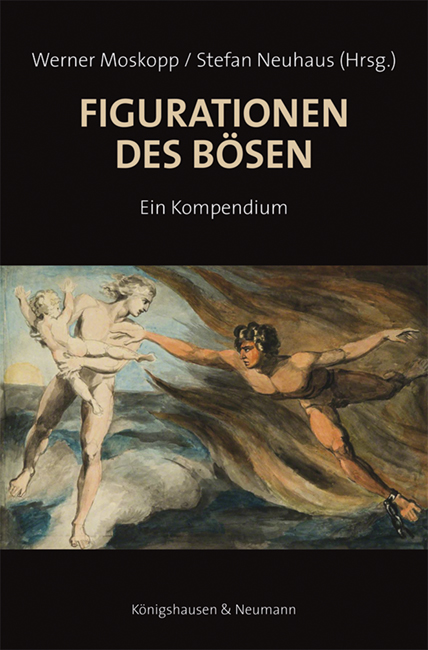 Hagen von Tronje: Vom Antagonist zum Bösewicht zum Antiheld. Überlegungen zur diachronen Entwicklung und Rezeption einer Antagonistenfigur
Hagen von Tronje: Vom Antagonist zum Bösewicht zum Antiheld. Überlegungen zur diachronen Entwicklung und Rezeption einer AntagonistenfigurIn Moskopp, Werner & Stefan Neuhaus (Hrsg.), Figurationen des Bösen. Ein Kompendium, 185-198. Würzburg: Königshausen & Neumann.
-
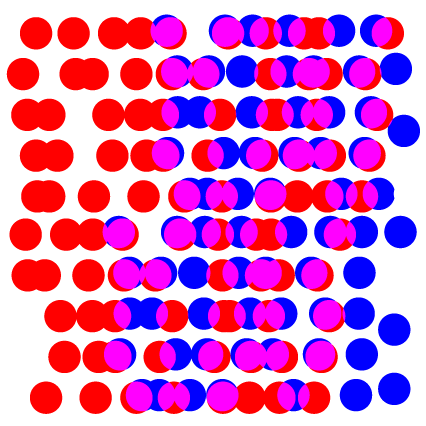 Re-re-reading Lucy Suchman’s Plans and Situated Actions
Re-re-reading Lucy Suchman’s Plans and Situated Actions
-
 Dystopie, Fragmentation et Filiation dans Aquariums de J.D. Kurtness
Dystopie, Fragmentation et Filiation dans Aquariums de J.D. Kurtness
-
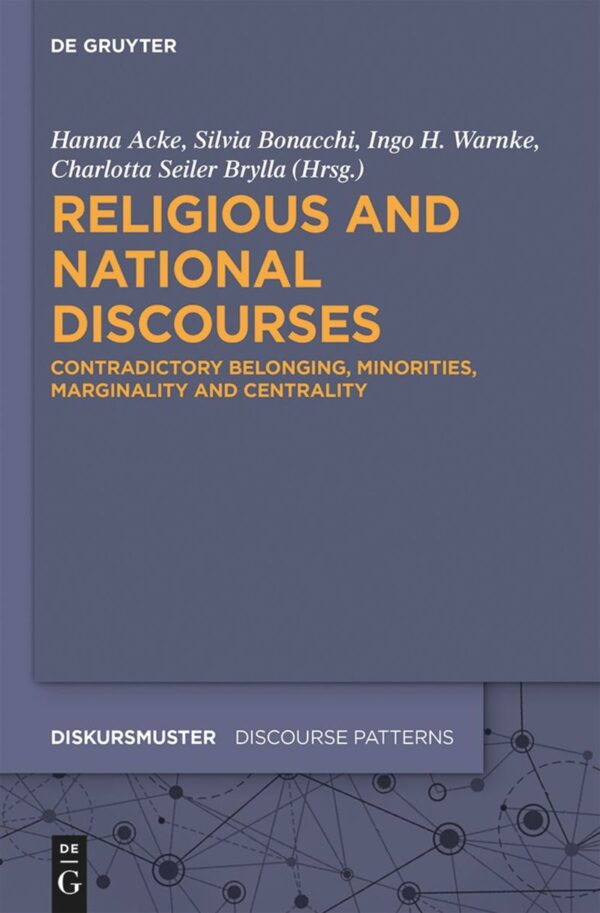 Minorities and Majorities, Marginality and Centrality. An Introduction
Minorities and Majorities, Marginality and Centrality. An IntroductionIn Hanna Acke, Silvia Bonacchi, Carsten Junker, Charlotta Seiler Brylla & Ingo H. Warnke (eds.), Religious and national discourses. Berlin/Boston: de Gruyter Volume 33 in the Series Diskursmuster/ Discourse Patterns eBook ISBN: 9783111039633 PrintISBN: 9783111027739
-
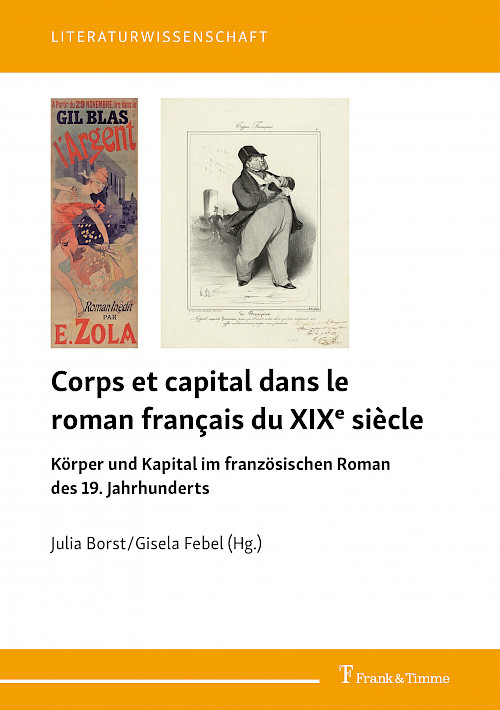 Corps et capital dans le roman français du XIXe siècle. Körper und Kapital im französischen Roman des 19. Jahrhunderts
Corps et capital dans le roman français du XIXe siècle. Körper und Kapital im französischen Roman des 19. JahrhundertsThe living body and the capitalist thinking of the modern economy seem to be irreconcilable objects. Nevertheless, their history and perception have been inextricably linked, at least since the times of industrialization and capitalization in the 19th century. Our volume follows this entangled history and […]
-
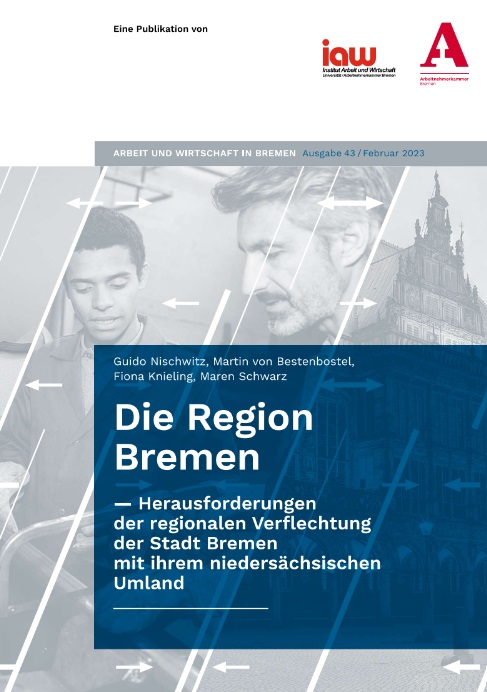 Die Region Bremen. Herausforderungen der regionalen Verflechtung der Stadt Bremen mit ihrem niedersächsischen Umland
Die Region Bremen. Herausforderungen der regionalen Verflechtung der Stadt Bremen mit ihrem niedersächsischen UmlandArbeit und Wirtschaft in Bremen (43).
-
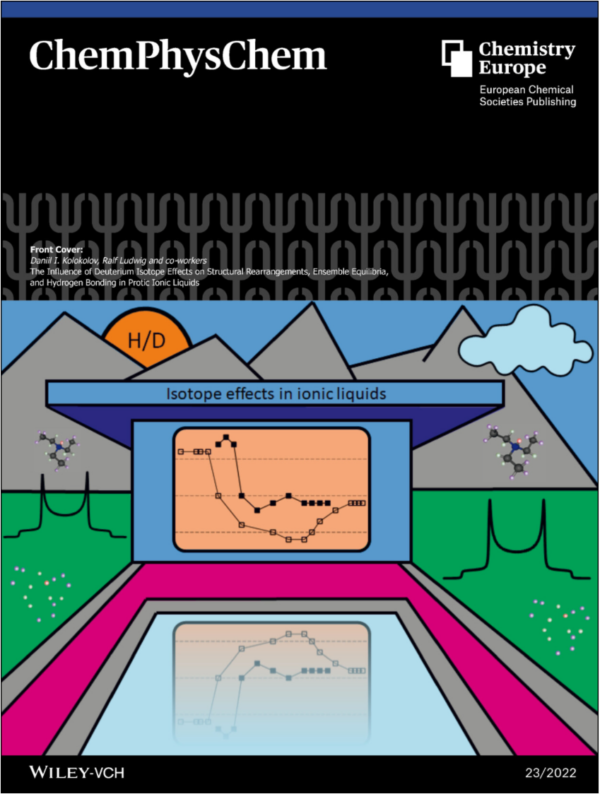 Can a Finite Chain of Hydrogen Cyanide Molecules Model a Crystal?
Can a Finite Chain of Hydrogen Cyanide Molecules Model a Crystal?When calculating structural or spectroscopic properties of molecular crystals, the question arises whether it is sufficient to simulate only a single molecule or a small molecular cluster or whether the simulation of the entire crystal is indispensable. In this work we juxtapose calculations on the […]
-
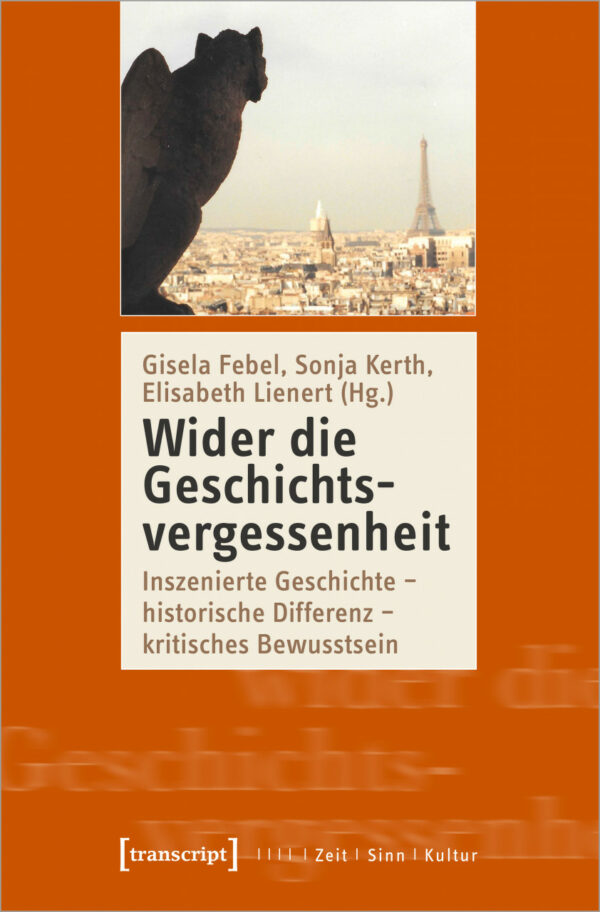 Wider die Geschichtsvergessenheit. Inszenierte Geschichte – historische Differenz – kritisches Bewusstsein
Wider die Geschichtsvergessenheit. Inszenierte Geschichte – historische Differenz – kritisches BewusstseinIn the face of growing populism and right-wing radicalism, the fight against historical forgetfulness in thought and action is once again highly topical. At first glance, however, forgetting history – at least in relation to the pre-modern era – hardly seems to be an issue: […]
-
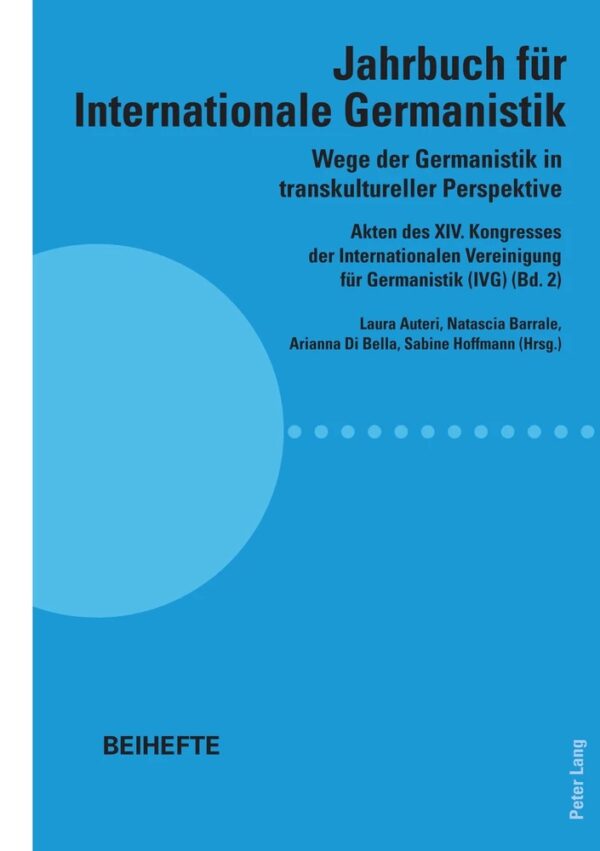 Mimikry der Marginalität
Mimikry der MarginalitätIn L. Auteri, N. Barrale, A. Di Bella & S. Hoffmann (eds.), Jahrbuch für Internationale Germanistik: Wege der Germanistik in transkultureller Perspektive, Akten des XIV. Kongresses der Internationalen Vereinigung für Germanistik (IVG), Vol. 6, 511-515. Bern: Lang. DOI: 10.3726/b20759
-
 Natalja Gorbanewskaja. Graphic Novel
Natalja Gorbanewskaja. Graphic Novel“She was a poet as great as Joseph Brodsky and a human rights activist as fearless as Andrei Sakharov. Unlike Brodsky, however, she did not receive the Nobel Prize for Literature, and unlike Sakharov, she did not receive the Nobel Peace Prize. However, her name […]
-
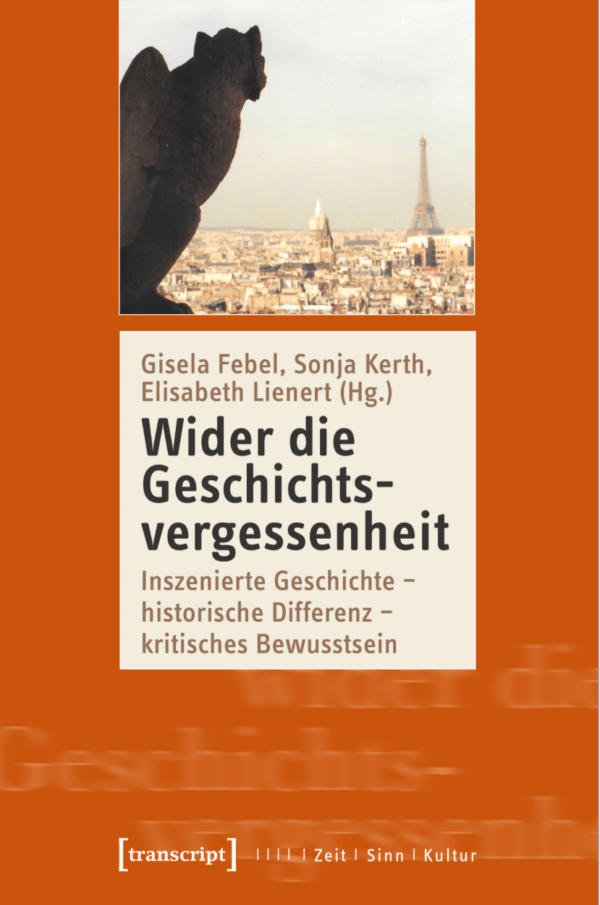 Schichten von Geschichte in aktueller Nibelungenrezeption
Schichten von Geschichte in aktueller NibelungenrezeptionIn Febel, Gisela, Sonja Kerth & Elisabeth Lienert (eds.) Wider die Geschichtsvergessenheit. Inszenierte Geschichte – historische Differenz – kritisches Bewusstsein. 39-53. Bielefeld: transcript. DOI: 10.1515/9783839459294-003
-
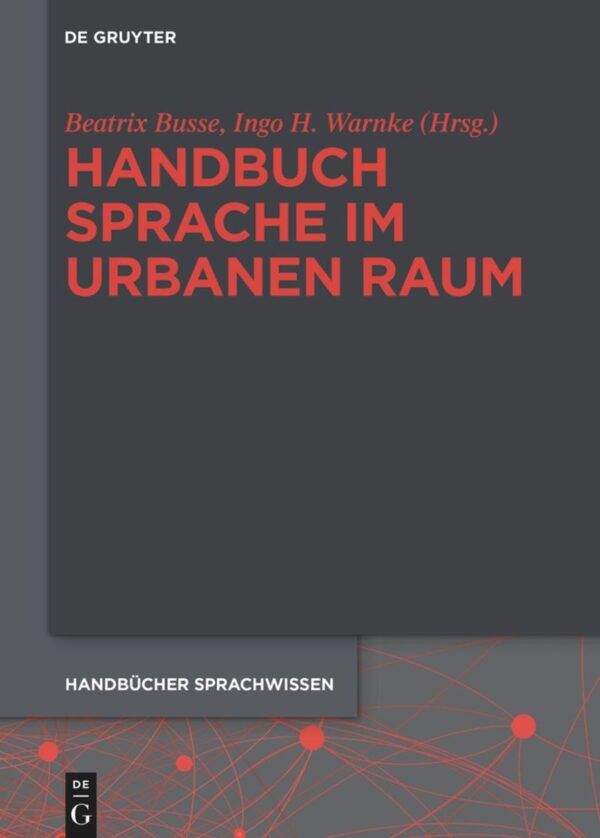 Melancholy Objects Remixed. A Multimodal Counterstatement on Photography in Urban Linguistics
Melancholy Objects Remixed. A Multimodal Counterstatement on Photography in Urban LinguisticsThe chapter discusses the use of photographs in research on Linguistic Landscape. Based on the observation of a widespread use of photographic documentation, the status of photographs is critically reflected. The focus lies on a reading of Susan Sontag’s ([1977] 2014) Melancholy Objects. Here, conceptions […]
-
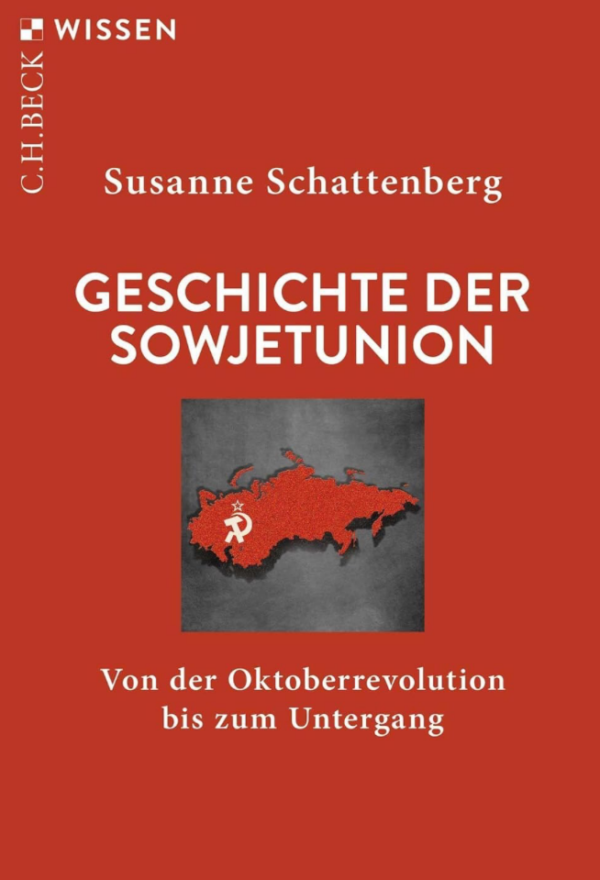 Geschichte der Sowjetunion. Von der Oktoberrevolution bis zum Untergang
Geschichte der Sowjetunion. Von der Oktoberrevolution bis zum UntergangAfter the revolutions of 1917 and a bloody civil war, the Soviet Union was founded on December 30, 1922. It dissolved on December 21, 1991. In between lay 69 years in which it left its mark on the world – through Stalinist terror, through its […]
-
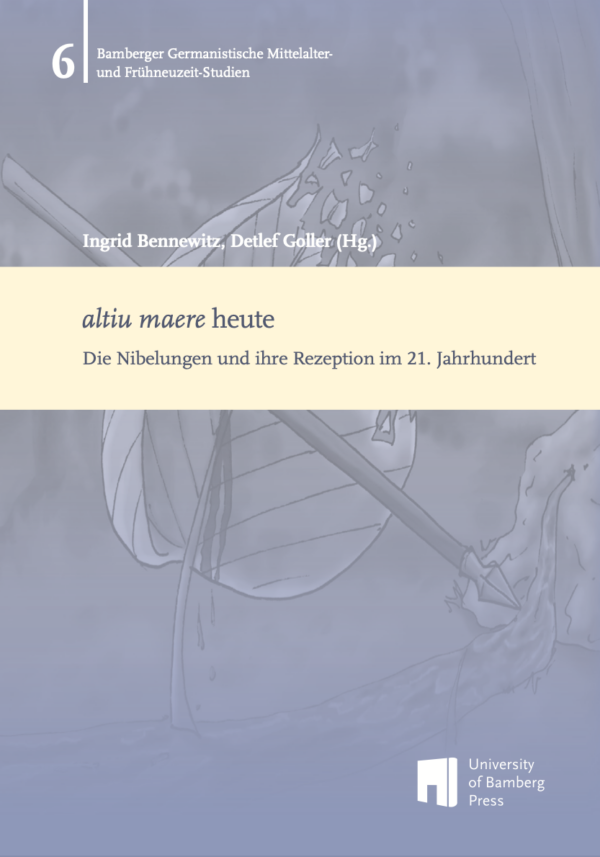 Kriemhild im 21. Jahrhundert. Variationen über eine widersprüchliche Figur
Kriemhild im 21. Jahrhundert. Variationen über eine widersprüchliche FigurIn Ingrid Bennewitz & Detlef Goller (eds.) altiu maere heute. Die Nibelungen und ihre Rezeption im 21. Jahrhundert.(Bamberger Germanistische Mittelalter- und Frühneuzeitstudien 6) 11-43. Bamberg: University of Bamberg Press. ISBN: 978-3-86309-884-1 DOI: 10.20378/irb-57732
-
 Unvereinbarkeit oder Dialog der Erinnerungsdiskurse. [Book Review: Natan Sznaider, Flucht-punkte der Erinnerung]
Unvereinbarkeit oder Dialog der Erinnerungsdiskurse. [Book Review: Natan Sznaider, Flucht-punkte der Erinnerung]
-
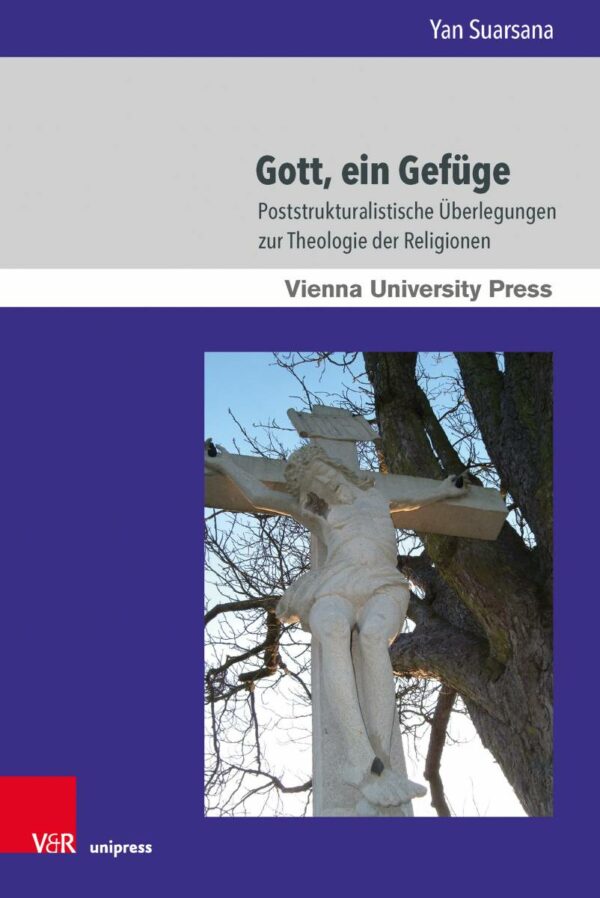 Gott, ein Gefüge. Poststrukturalistische Überlegungen zur Theologie der Religionen
Gott, ein Gefüge. Poststrukturalistische Überlegungen zur Theologie der ReligionenThis book extends the contemporary debate on the global concept of religion, conducted in the context of religious studies, to the field of the theology of religions. In applying poststructuralist and postcolonial perspectives, it seeks to deconstruct central categories such as truth, universality, or religion, […]
-
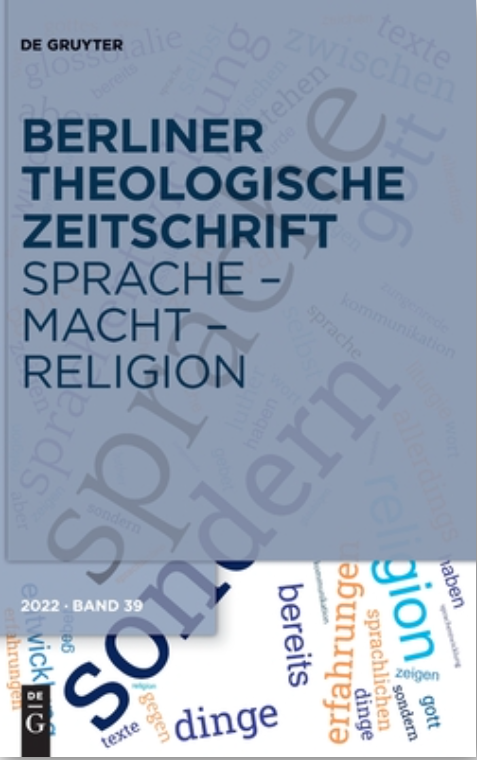 Religion im kolonialen Archiv
Religion im kolonialen ArchivBerliner Theologische Zeitschrift 39. 309–335. ISBN: 9783110787108
-
 Book review. Nanjala Nyabola, Travelling While Black. Essays Inspired by a Life on the Move
Book review. Nanjala Nyabola, Travelling While Black. Essays Inspired by a Life on the Move
-
 How to Shape Black Diasporic Identity in France by Reading (About) Literature
How to Shape Black Diasporic Identity in France by Reading (About) LiteratureThis article gives an overview of francophone African diasporic websites such as Africultures.com, africavivre.com and other digital magazines, networks and blogs that are present on different platforms. Taking recent novels, texts of liter- ary criticism, reviews and comments as examples, I analyse in what way […]